- Joined
- Aug 24, 2013
- Messages
- 473
- Reaction score
- 120
- Location
- Qatar
- Can others edit my Photos
- Photos OK to edit
Morning, afternoon good evening,
During my last alcohol fueled philosophical discussion with a mate of mine the subject of how complicated has photography become? Is it more or less complicated now in the Digital age or was it more complicated during the film era?
Personally I think the digital age has made things far more complicated when it comes down to after the shot has been taken. Film was more complicated for actually taking the shot, if you messed up the exposure you wouldn't know until it had been processed and printed. But these days once the shots taken you most likely delve in to the world of Photoshop or other such software, then comes the flikr and other such websites, then comes copyright madness. Film from what I understand was a lot less prone to copyright infringement as the photographer has the original negative. Computer files are easier to duplicate, plus law regarding photo's and photographers these days seem to becoming a little gray around the edges to me.
Today just the vast amount of choice that is available for equipment and accessories is just mind boggling, was it the same 20+ years ago? The digital age has from what I understand made things significantly cheaper and far easier for people to give photograph a try utterly saturating the world with a multitude of so called professional photographers making it impossible for the average persons to know who or what to expect when hiring.
These days Photographers are not only expected to be the Photographer, but the Editor, head of Marketing and customer relations officer taking more and more time away from the art of Photography was this also the case 20+ years back?
What does every one else think?
During my last alcohol fueled philosophical discussion with a mate of mine the subject of how complicated has photography become? Is it more or less complicated now in the Digital age or was it more complicated during the film era?
Personally I think the digital age has made things far more complicated when it comes down to after the shot has been taken. Film was more complicated for actually taking the shot, if you messed up the exposure you wouldn't know until it had been processed and printed. But these days once the shots taken you most likely delve in to the world of Photoshop or other such software, then comes the flikr and other such websites, then comes copyright madness. Film from what I understand was a lot less prone to copyright infringement as the photographer has the original negative. Computer files are easier to duplicate, plus law regarding photo's and photographers these days seem to becoming a little gray around the edges to me.
Today just the vast amount of choice that is available for equipment and accessories is just mind boggling, was it the same 20+ years ago? The digital age has from what I understand made things significantly cheaper and far easier for people to give photograph a try utterly saturating the world with a multitude of so called professional photographers making it impossible for the average persons to know who or what to expect when hiring.
These days Photographers are not only expected to be the Photographer, but the Editor, head of Marketing and customer relations officer taking more and more time away from the art of Photography was this also the case 20+ years back?
What does every one else think?



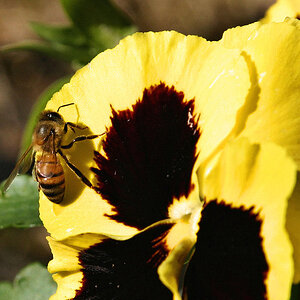
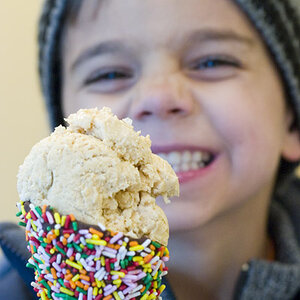

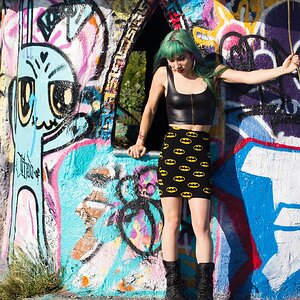

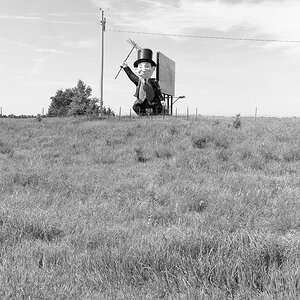
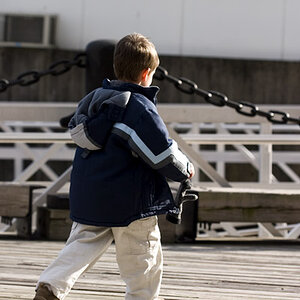
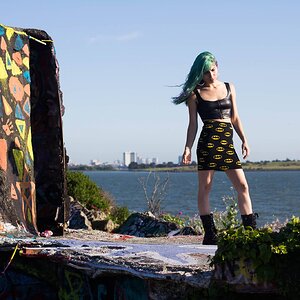
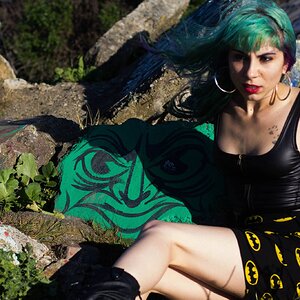
![[No title]](/data/xfmg/thumbnail/36/36668-ac1cd3882e96edd642d568c48ed3e7a5.jpg?1619737676)
![[No title]](/data/xfmg/thumbnail/37/37536-3578b4f283f738d862be62d896fa52d5.jpg?1619738132)
